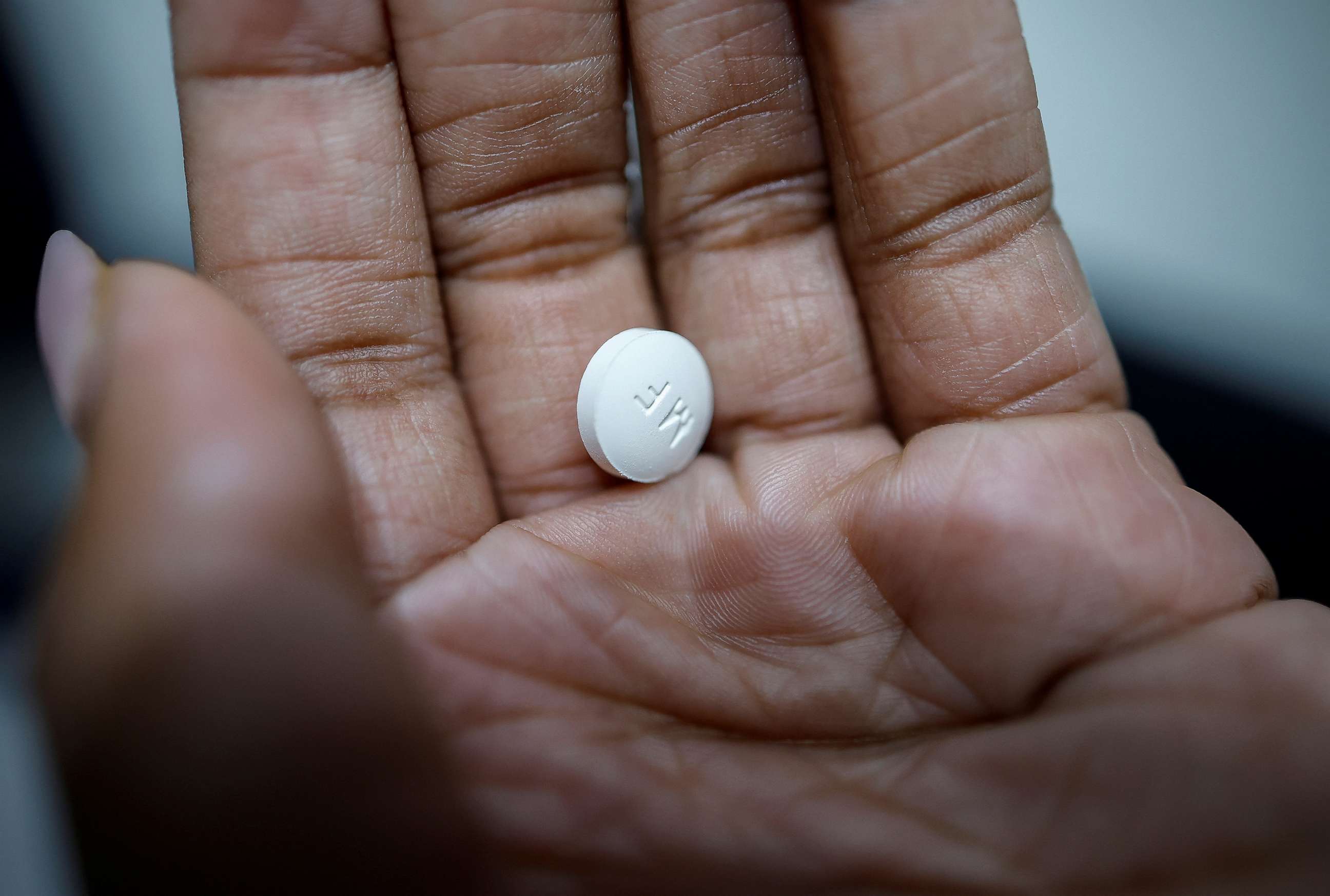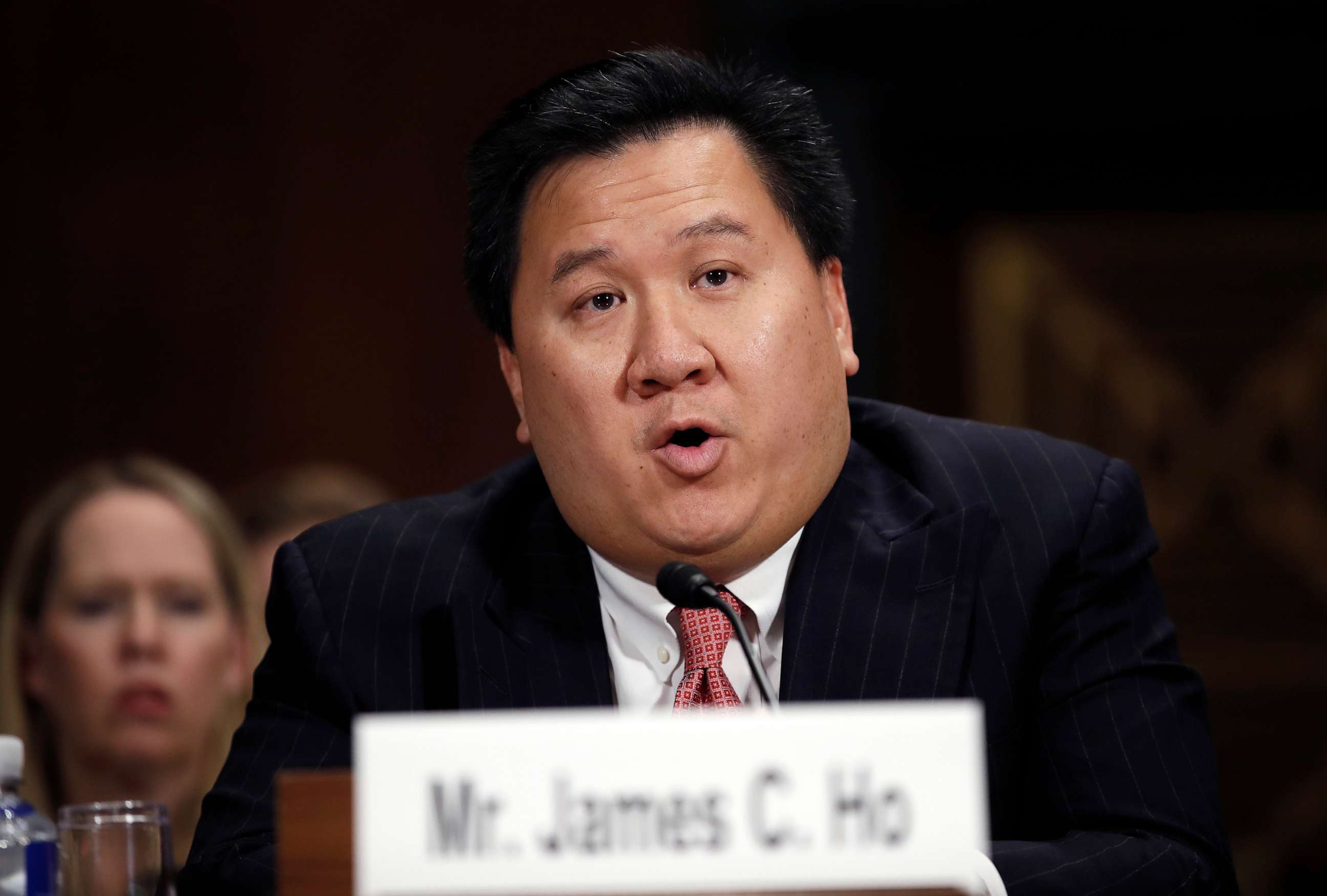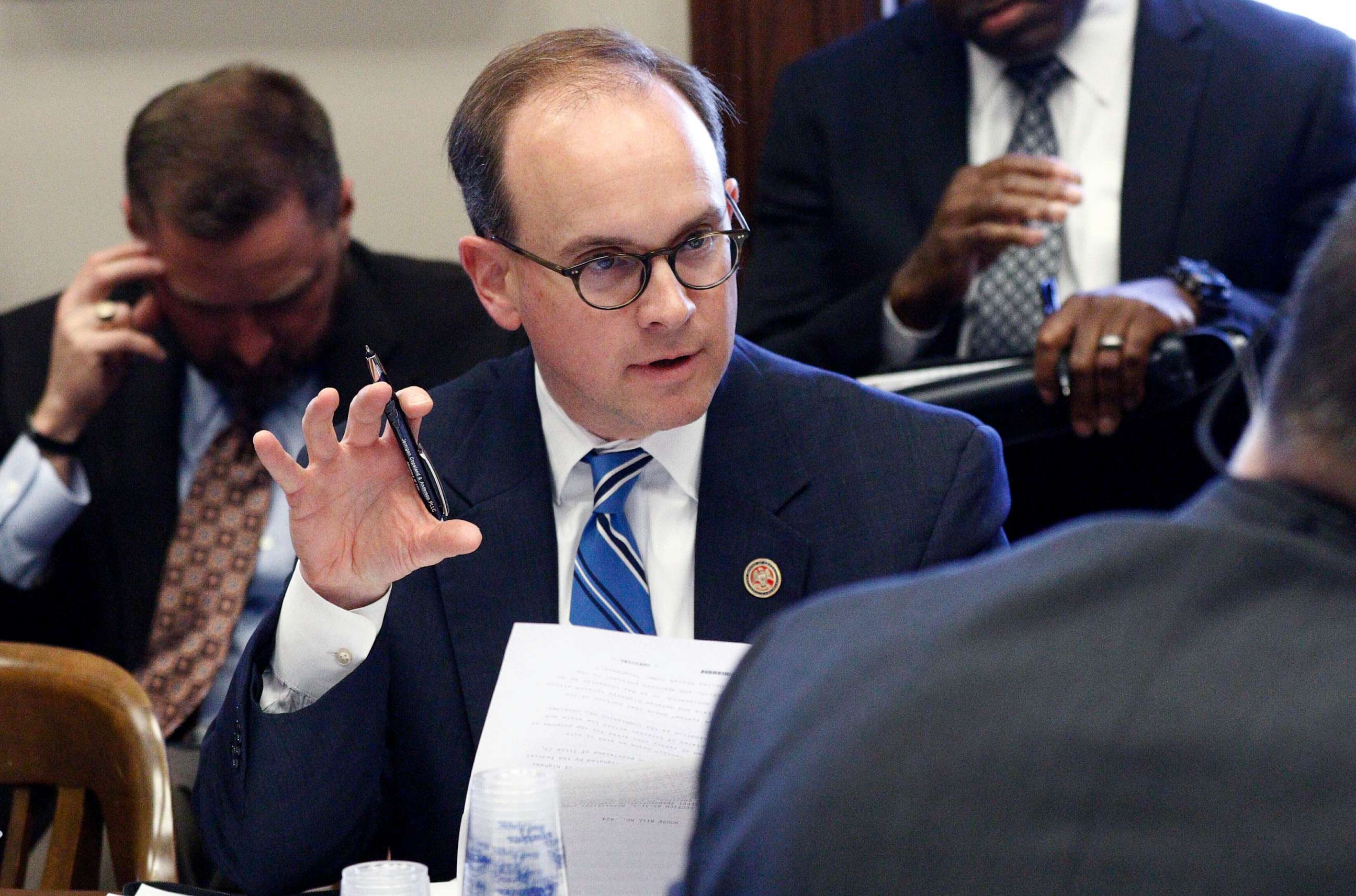Federal appeals court questions FDA rollback of abortion pill restrictions
Three-judge panel of conservatives appears open to abortion opponents' case.
A federal appeals court in New Orleans on Wednesday heard arguments in a high-stakes bid to invalidate FDA approval of the most widely used abortion medication in the country more than two decades after it hit the market and despite its safe use by millions of women.
Three judges on the Fifth Circuit Court of Appeals -- one of the most conservative courts in the country -- appeared open to limiting access to the medication as they questioned a Biden administration attorney about FDA's assessment of the drug mifepristone's safety and effectiveness.
A federal judge in Texas last month concluded the agency's process was deeply flawed and illegal from the start. That decision remains on hold for the duration of the legal challenge, which is expected to ultimately reach the U.S. Supreme Court, possibly next year. Mifepristone continues to be widely available under longstanding FDA guidelines.
The coalition of anti-abortion doctors and associations, represented by the conservative legal group Alliance Defending Freedom, which brought the case is seeking to remove the drug from use, even in states where abortion is currently legal.
For two hours, the appeals court panel peppered attorneys on both sides with questions on the issue of legal standing: whether the doctor plaintiffs in the case suffer a specific and direct injury from the availability of the abortion pill sufficient to allow them to bring a lawsuit.
The government argued that none of the doctors involved has been directly impacted by FDA's regulations of Mifepristone and that the entire challenge should be tossed out.
"Seeing and treating patients isn't an injury," said Deputy Assistant Attorney General Sarah Harrington. "These are not directly regulated parties."

The government attempted to discredit the doctors, who have claimed in court filings that their religious conscience rights were violated by having to treat patients who had alleged complications from taking Mifepristone. None of the doctors in the case had raised objections at the time of providing care, and some of the patients they treated could not confirm that mifepristone was involved, according to court records.
An attorney for Danco Laboratories, which manufacturers mifepristone, also hammered the standing argument hard in defending the FDA.
"There must be a specific doctor with a specific injury from the regulation," the company's attorney Jessica Ellsworth said. "There's no link to these doctors."
Moreover, the drug maker's attorney noted, Texas and Indiana -- home states of the doctors involved in the case -- have largely outlawed abortion, including mifepristone, minimizing the prospect that they could suffer any "injury" in the future.
"These declarations offer generalized statements and no acknowledgment of the changed laws," Ellsworth said.
Attorney Erin Hawley, representing the doctors, forcefully pushed back, insisting that a doctor's involvement in removing a fetus after a "failed" chemical abortion could compromise conscience rights and that the risk remains real for many providers nationwide.
Judge James C. Ho, a Trump appointee, seemed to agree that conscience rights are recognized as sufficient to establish standing.
But Judge Cory Wilson, also a Trump appointee, voiced some skepticism, asking Hawley why doctors with conscience concerns didn't object at the time of treating a patient with abortion complications. "What about handing it off to another doctor who doesn't have an objection?" he said.

Wilson also raised concerns about broader implications. "Does approval of any drug that a doctor has a conscious objection to give standing? Where do you draw the line?" he said.
Hawley countered that, If abortion clinics have standing to challenge state restrictions meant to protect women, then their doctors should have standing as well.
The panel also zeroed in on the FDA's drug-approval process and whether the agency adequately examined potential risks to women when drafting regulations for the drug in 2000 and revising them in subsequent years.
After initially approving mifepristone, the FDA retooled its guidelines in 2016 -- reducing the recommended dose, allowing use of the drug up to 10 weeks of pregnancy (from 7), eliminating in-person doctor visits to receive it, among other measures.
Did the agency conduct any studies before 2016 looking at safety of the changes in total? Judge Wilson asked. The government conceded one had not been done.
Judge Jennifer Walker Elrod, a George W. Bush appointee, wondered whether the FDA had properly considered safety risks of allowing the pill's prescription via telemedicine. "Did the FDA consider safety of the drug with a mail-order regime?" she asked of the agency's recent approval of distribution by mail.

The government also argued that the challenge to FDA approval of mifepristone is beyond the statute of limitations -- coming more than a decade out of time.
At least one judge, Judge Elrod, suggested she may agree with the time-cap, but that some of the FDA's subsequent revisions to the regulations might be fair game.
The revisions in 2016 "stripped away every safeguard," argued Hawley.
"This case isn't about ending abortion, it's about challenging a particularly dangerous type of abortion," she said. (Her claim is not supported by scientific evidence endorsed by the FDA or dozens of health and medical associations.)
The government and drug maker attorneys warned the judges against taking a middle ground approach – upholding approval of mifepristone but invalidating some FDA restrictions of it – saying that would create massive upheaval.
Among other things, they said, manufacturers would effectively have to halt production for "months" to retool their guidance and labeling for the drug. They also said reverting to the old guidelines prior to 2016, for example, would tell women to take a higher dose than has now been deemed necessary.
"It doesn't make sense," Danco's attorney said. "It's a strange remedy to have women take four times as much."

None of the panelists appeared entirely persuaded by the government's argument that a rollback of regulations would be harmful.
The judges, who each have previously voted to uphold restrictions on abortion, voiced frustration with not having thousands of pages of the FDA's administrative record from decades ago detailing the steps and procedures. The government says it is working to provide those documents.
The panel also bristled at the government and drug maker's assertion that it would be unprecedented for a court to overrule an FDA determination of drug safety.
"We're allowed to look at the FDA just like any other agency," declared Judge Ho.
The appeals court is expected to deliver a decision in the case in the coming months but is not on a fixed timeline. Regardless of the outcome, a Supreme Court order has preserved status quo around mifepristone until such time that it rules on the case.




